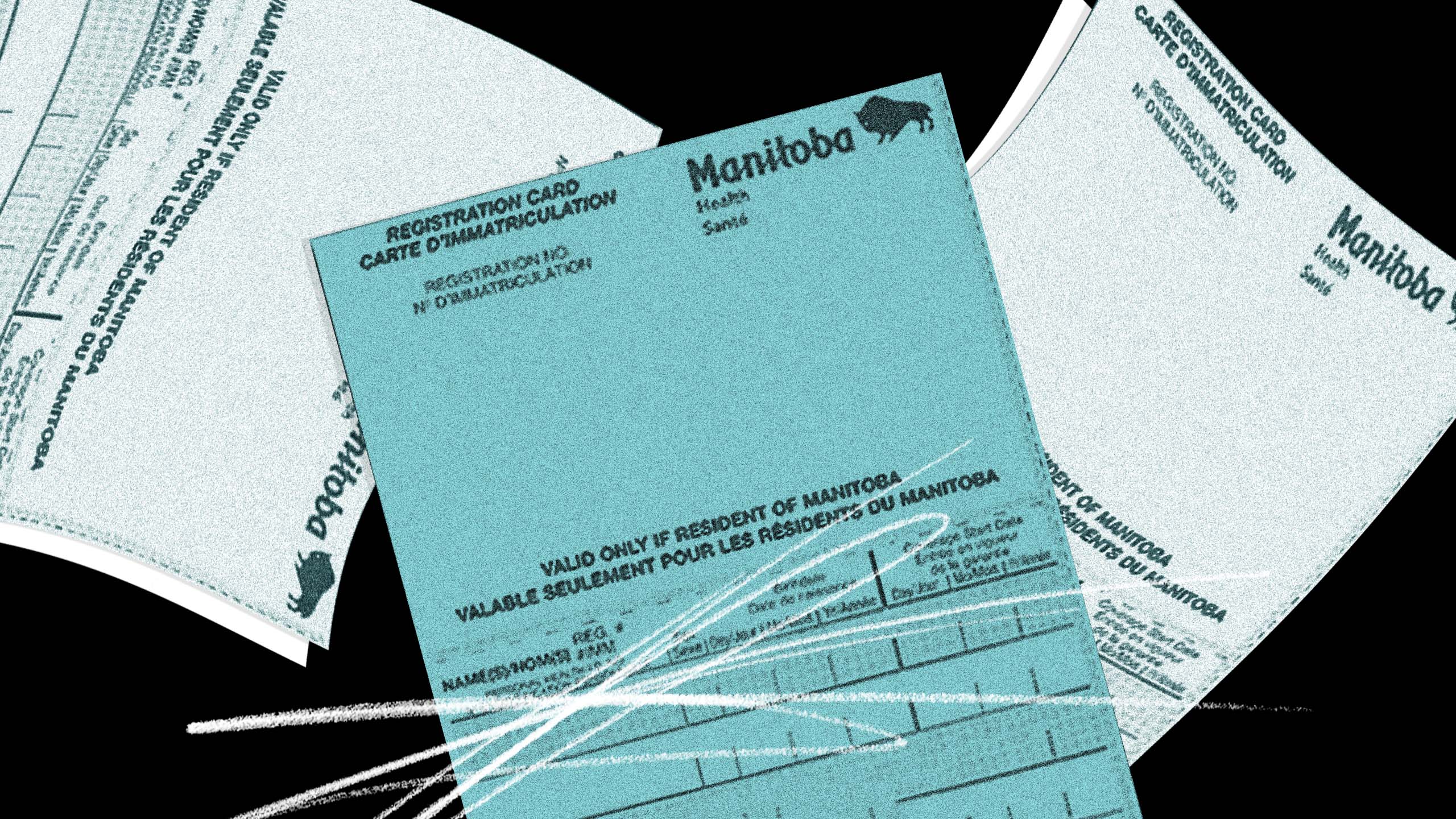Trans and non-binary people in Manitoba are reportedly facing extensive delays in receiving updated health cards.
Some applicants have waited well over a year to receive new Care Cards that accurately reflect their name and gender marker, according to a July 23 report from the CBC. Others have allegedly received cards with incorrect information or simply never received a response to their inquiry from Manitoba’s provincial government. (The provision of Care Cards is the responsibility of individual provinces, according to the Government of Canada website.)
Chelsea Howgate, who applied to correct the name on her card over a year ago, said she has yet to receive it. “It feels a little humiliating and frustrating that I have to put off so many things just because I don’t have information that correctly identifies me,” Howgate told the CBC.
Howgate said that she was mainly frustrated because she’s been given no idea as to when she can expect to receive her new card. While the province’s vital statistics branch indicates that it should take a maximum of 10 business days to process a name change request, representatives for the Manitoba government have refused to provide specific turnaround times—asserting that it often takes months to process requests.
Local advocates have also criticized the process, pointing out that the problems are long-standing.
Bryce Byron, information and intake coordinator with Manitoba’s Rainbow Resource Centre, said these delays have been a “huge” issue for trans and non-binary people in Manitoba. In an email to Xtra, Byron reported personally submitting multiple requests for an updated gender marker which have gone unanswered—an experience that ze described as being “quite common” in the province.
“I have spoken to folks who have been able to have the gender marker on their health card updated, but then when they went to a new doctor, their electronic records with MB Health were not updated,” Byron said. “This outed the individual as trans, and they were questioned about the discrepancy by their new doctor.”
In a statement to the CBC, a spokesperson for Manitoba’s government acknowledged the delays and said it is experiencing a backlog of applications. The representative added that more “complex” applications experience more significant wait times.
Trans people often face significant hurdles in acquiring updated identification documents and can experience increased discrimination when they have incorrect IDs. While Canadian provinces have removed burdensome surgical requirements for gender marker changes, advocates say that more reforms are necessary. Many provinces still require a letter from a medical professional or fees to change gender markers, and Manitoba currently requires a notarized declaration as well.
“It’s really frustrating. It’s kind of a reminder of who I’m not and, unfortunately, how other people see me.”
Even with requirements being relaxed, trans people asserted that bureaucratic hurdles constitute unnecessary gatekeeping to already vulnerable populations.
“Trans and non-binary people constantly, constantly have to advocate for ourselves…. It’s a ‘choose your battle’ sort of situation,” J Fiedler, a Manitoban who gave up trying to get a new health card after two failed attempts, told CBC. “It’s really frustrating. It’s kind of a reminder of who I’m not and, unfortunately, how other people see me.”


 Why you can trust Xtra
Why you can trust Xtra


